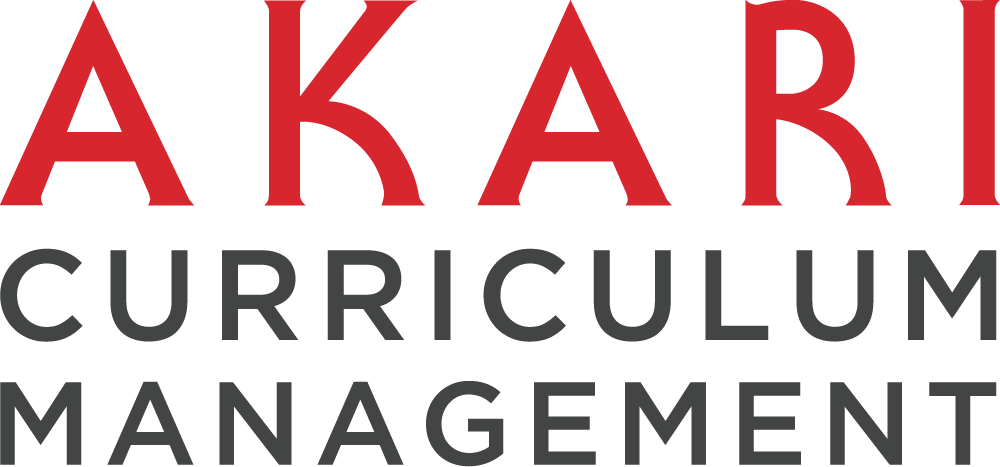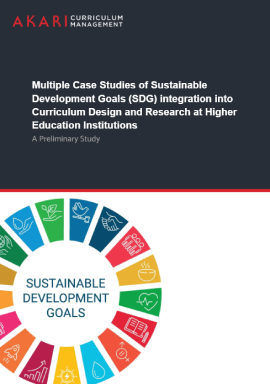The Impact Rankings 2024, focusing on universities’ contributions to poverty research and support for impoverished students and communities, will be published on 12 June 2024.
Metrics
Research on Poverty (27%)
- Field-weighted citation index of poverty-related papers (10%)
- Number of poverty-related publications (10%)
- Proportion of research papers co-authored with low- or lower-middle-income countries (7%)
Data, sourced from Elsevier’s Scopus dataset (2018-2022) and supplemented by AI, are normalised using Z-scoring. The third indicator tracks the proportion of publications co-authored with institutions in low- or lower-middle-income countries.
Proportion of Students Receiving Financial Aid (27%)
- Measures the proportion of students receiving substantial financial aid due to poverty, based on 2022 academic year data, normalised using Z-scoring.
University Anti-Poverty Programmes (23%)
- Targets for admitting students from the bottom 20% of household income (4.6%)
- Graduation targets for these students (4.6%)
- Support services (e.g., food, housing) for students from poorest families (4.6%)
- Assistance programmes for completing studies (4.6%)
- Schemes for supporting poor students from low- or lower-middle-income countries (4.6%)
Evidence provided by universities, evaluated and scored by THE, not normalised.
Community Anti-Poverty Programmes (23%)
- Education/resources for sustainable business start-ups (5.75%)
- Financial assistance for start-ups (5.75%)
- Training for access to basic services (5.75%)
- Participation in policymaking to end poverty (5.75%)
Programmes must be university-supported, with evidence evaluated and scored by THE, not normalised.
Evidence Requirements
Universities must provide supporting evidence for policies and initiatives, evaluated against specific criteria. Credit is given for the evidence and its public availability.
Time Frame
Data generally refer to the closest academic year to January-December 2022. Specific date ranges are detailed in the full methodology document.
Exclusions
Open to any university teaching at undergraduate or postgraduate level. THE may exclude institutions that falsify data or are not in good standing.
Data Collection
Institutions must provide and approve their data. Missing data points are entered as zero.

